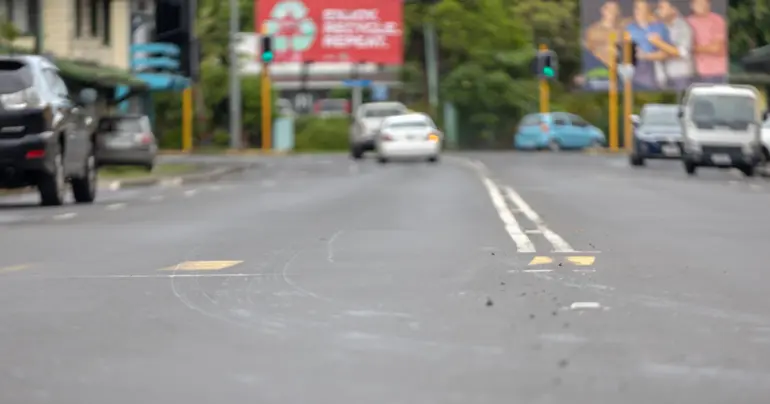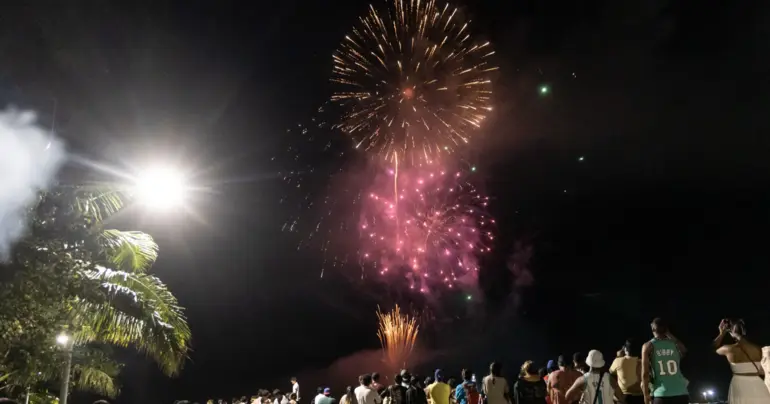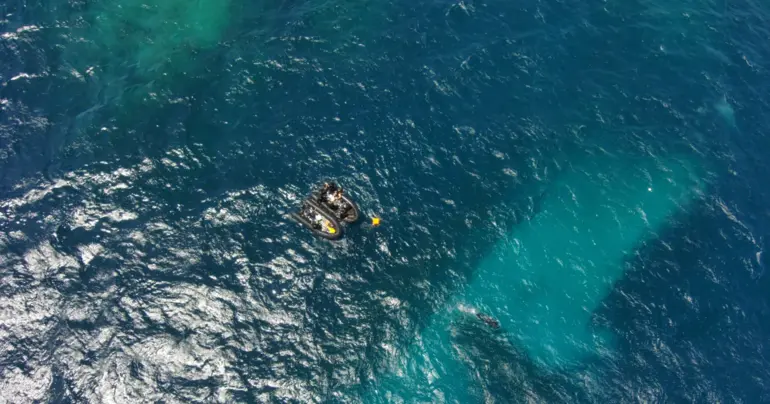Cervical screening can save lives: Prof. Ekeroma
Human papillomavirus (H.P.V.) screening can save many women in the Pacific islands including Samoa from cervical cancer, says local obstetrician and gynecologist Professor Alec Ekeroma.
Speaking at the launching of the Health Specialist Charitable Trust H.P.V. Cervical Screening Programme at Moto’otua last Saturday, Professor Ekeroma said a lot of women are “dying unnecessarily” when the risks associated with infection can be drastically reduced through more cervical cancer tests.
"Many women in the Pacific Islands including Samoa are dying unnecessarily from cervical cancer,” he said. “H.P.V. cervical screening is the new way of screening preventing cancer of the cervix.
"If a woman has only two H.P.V. cervical tests 10 years apart during that age range, then her chances of getting cervical cancer is reduced by almost half."
He emphasised that cervical cancer is preventable and women between the ages of 30 and 69 need to be screened to detect the infection.
The screening programme will be offered through the private medical service provider, Health Specialist Centre (H.S.C.) which together with Alec’s HomeAway was launched three years ago.

Prof. Ekeroma – who is also the National University of Samoa (N.U.S.) President and Vice Chancellor and owns the Health Specialist Centre and Alec's HomeAway – described his private medical service as an innovative model in the provision of health care.
"The mission of the Health Specialist Centre was to provide a purpose-built facility with modern equipment to provide a range of specialist services on an outpatient basis by visiting and local health specialists," added Prof. Ekeroma. "The hotel side was created as a social enterprise to support the Health Specialist Centre financially for the cost of medical
consumables and equipment can be restrictive."
The H.S.C. has been operating for close to three years with 15 clinicians and four visiting overseas specialists with five currently providing the service.
The centre has seen numerous patients and has expanded over the years, according to Prof. Ekeroma.
"We have seen more than 5,000 patients, had more than 20,000 patient-care episodes, which included visits for special procedures for heart and fetal monitoring, ultrasound scanning and physiotherapy.
"We have expanded to three consulting rooms and yet we have four clinicians in most days necessitating a roster system.
“We have teamed with five insurance companies such as Cigna, Allianz and International S.O.S. to deliver care for their clients."
The H.S.C. has asked that it offers vaccination services over the past two years with a vaccine fridge having already been purchased, though Prof. Ekeroma revealed there continues to be hurdles.
The facility is also keen to provide a pap smear cervical screening programme with consumables brought in-country, but the lack of pathologists in Samoa continues to be a challenge.
The tests are already high in demand with Prof. Ekeroma indicating that they are trying to get more supplies despite the shipping challenges.
He said as part of the test a woman does her own swab – unless she has abnormal bleeding or discharge when it should be done by a doctor – and it should take only about an hour for either a positive or negative result.
"The test takes only one hour and it should be negative in about 90 per cent of women, although we don't know what the prevalence of H.P.V. in Samoa is and we are hoping we can say in the next six months," he added. "A negative test has a high negative predictive value which means she can confidently go home to return in five years for a repeat test.
“A positive test will mean further followup and possibly treatment."

Prof. Ekeroma said a Cepheid GeneXpert machine and other consumables were also ordered from France and arrived November 2019.
But the ongoing COVID-19 global pandemic has led to the delay in the arrival of consumables from Australia due to international border closures.
The move by the H.S.C. into charity would also mean that it relies on a donation to ensure its programme is sustainable for the future, according to Prof. Ekeroma, who then made reference to the Pacific medical diaspora who are giving back to their islands of birth such as Fiji and New Zealand.
He said the H.S.C. should be able to attract donations from locals and overseas sources which would lead to the growth of the service offered by the centre.
"The second medical school in Fiji, for example, was funded and created in Lautoka by the late Dr Umanand Prasad, a Fijian national.
“Specialists resident in Australia and NZ who are Friends of Fiji have performed more than 1,000 heart operations in Fiji and the Pacific Islands including Samoa.
"Dr John Dunn of the Cook Islands donated $10 million to the University of Auckland two years ago to support Pacific medical students.
“So the generosity of the Pacific medical fraternity is well known and this is an opportunity for an appeal to all those Samoan medical doctors in New Zealand, U.S.A. and Australia that once you have made a few million dollars, consider giving back to Samoa.
“To the island where your journey started."
Prof. Ekeroma then acknowledged the Trustees of the Charitable Trust, who he said have volunteered their time to chart and guide the Charity forward, for their continuous efforts to provide affordable quality health specialist services in Samoa.
"They are the Hon Salausa Dr John Ah Ching, Afoa Kolone Vaai, Tuatagaloa Shane Wulf, Teuila McDonald-Pati and Ofusina Laulala. Each Board member provides the skills and experience needed to make this successful," he added.











